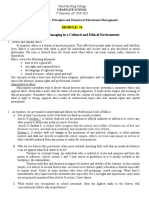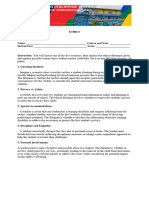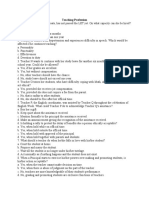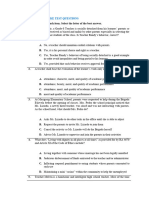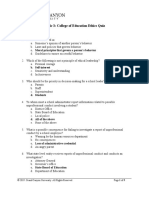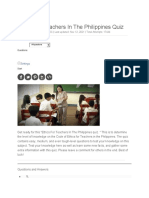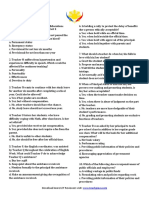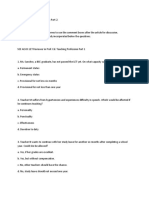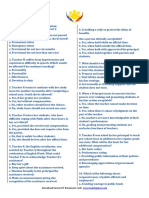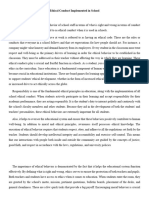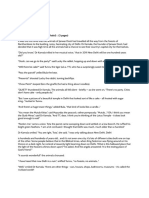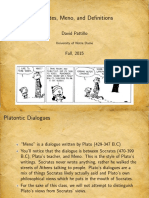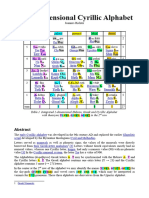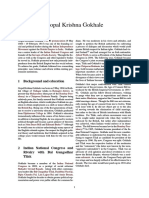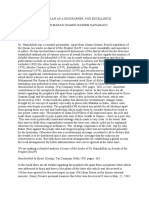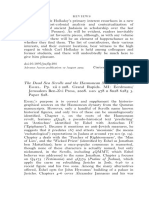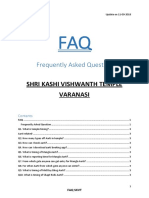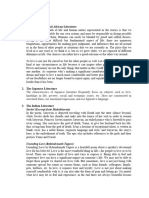0% found this document useful (0 votes)
20 views10 pagesRATIONALE
The document discusses the Code of Ethics, emphasizing that it consists of principles and values that guide ethical conduct. It outlines various scenarios related to teachers' responsibilities, ethical dilemmas, and the importance of maintaining professionalism and integrity in the educational environment. Additionally, it highlights the significance of continuous professional development and the teacher's primary concern being the learner's well-being.
Uploaded by
Harold BacaniCopyright
© © All Rights Reserved
We take content rights seriously. If you suspect this is your content, claim it here.
Available Formats
Download as DOCX, PDF, TXT or read online on Scribd
0% found this document useful (0 votes)
20 views10 pagesRATIONALE
The document discusses the Code of Ethics, emphasizing that it consists of principles and values that guide ethical conduct. It outlines various scenarios related to teachers' responsibilities, ethical dilemmas, and the importance of maintaining professionalism and integrity in the educational environment. Additionally, it highlights the significance of continuous professional development and the teacher's primary concern being the learner's well-being.
Uploaded by
Harold BacaniCopyright
© © All Rights Reserved
We take content rights seriously. If you suspect this is your content, claim it here.
Available Formats
Download as DOCX, PDF, TXT or read online on Scribd
/ 10




